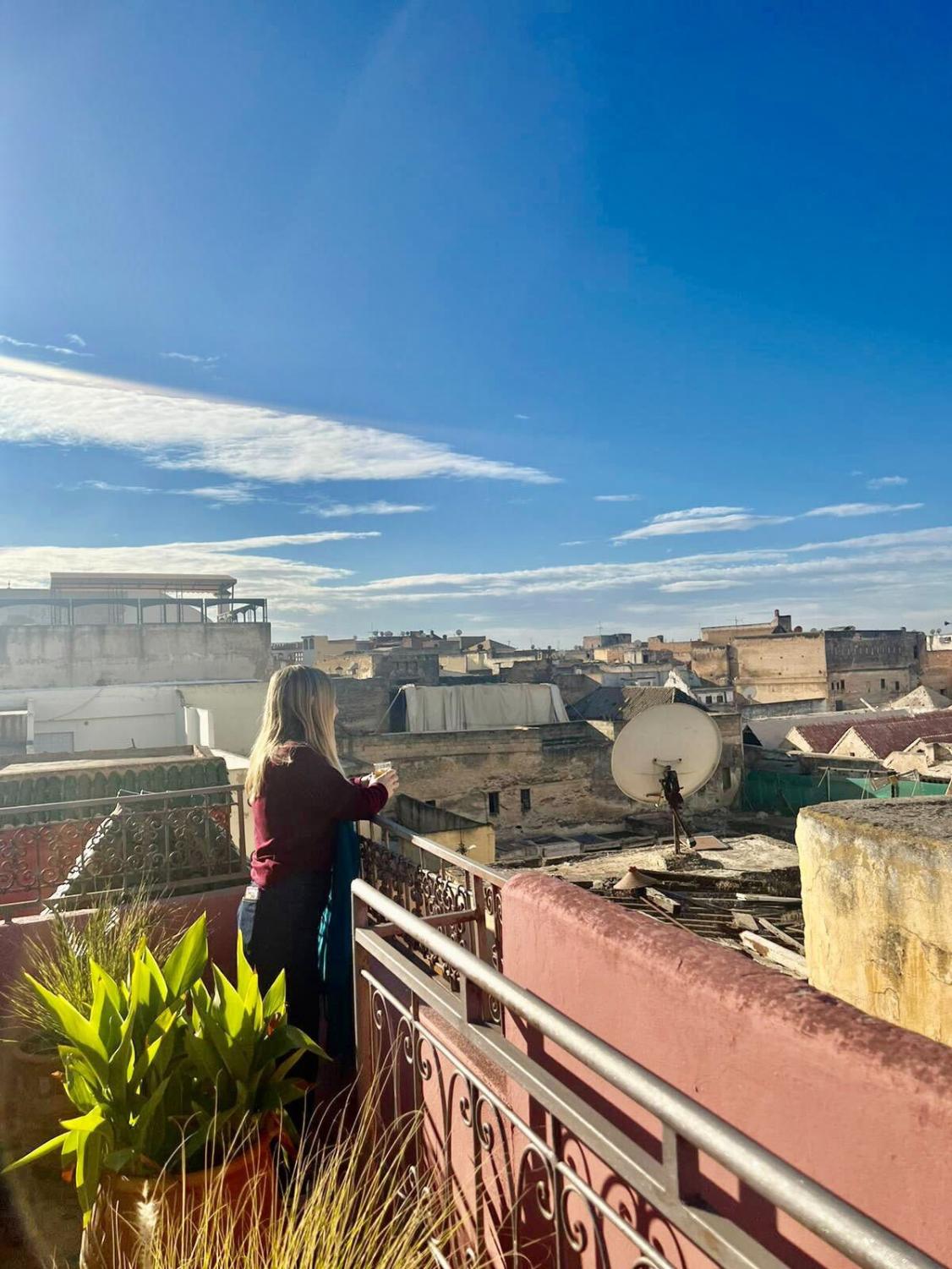Liberating experience
Western body image views are more confining compared to other cultures’
January 12, 2023

When I was getting ready to go to Morocco for two weeks to study abroad, I did not expect body image issues to be one of the biggest takeaways from my experience. The way Moroccan culture approached food and women’s bodies was drastically different from Western culture, and because of that, being there was like taking a breath of fresh air.
One of the cultural experiences that we were encouraged to take part in was the “hammam”: a local bathhouse where everyone is naked aside from underwear in one room full of water buckets and soap.
Naturally, I was a little nervous at first, but the moment I walked into the room all of my nerves subsided. There were ladies who worked in the hammam, and their job was to scrub each of us with a special kind of oil. They let the oil set on our skin for a few minutes before they scrubbed each of us so hard dead skin came off.
Side note: I had never felt cleaner.
But what was so liberating about that experience was that so many people with different body types were so comfortable in their own skin that they bathed together. I observed that unlike in Western culture, the women in the hammam did not critique their bodies, they simply wanted to keep them clean and healthy.
The ladies who scrubbed me showed no judgment toward my body type, they just saw it as a body that had to be cleaned. They could not have cared less about what I looked like, and it felt so good not to be objectified. As someone who has had adult men on the street attempt to guess my jeans size, people viewing my body without any form of critique or noticeable judgment was very impactful.
This sparked a highly emotional discussion in our class the next day. We talked about how Western views on the East and Muslim culture consists of the stereotype that women are oppressed and confined by wearing hijabs while Western women are free to do whatever they please.
But that is not necessarily true. One book that we discussed in our class was “Scheherazade Goes West” by Fatima Mernissi, where Mernissi pointed out through her own experiences that American women were confined to a size six harem. A harem is a space reserved for multiple wives of one husband, and a size six harem according to Mernissi is the limit that Western culture puts on women’s bodies. Women are told that they need to look a certain way, thus being limited in the way that they live. From a Western point of view, women in harems are stereotyped as confined and oppressed.
In a sense, Western women are confined to the male gaze when it comes to body image. We are told from an early age by adults and the media that calorie counting is normal and that fitting into a pair of size zero jeans is the ultimate beauty standard. Is that not confining, telling women that they have to be a certain size to be considered attractive? Western culture prioritizes looks over health, whereas in Morocco it was the complete opposite. This brings me into another point: food.
When it came to meals, my homestay family set the table up buffet style. There were at least five plates of assorted veggies, lamb and mouthwatering bread. But I could never eat it all. The moment my plate looked somewhat empty, my homestay mother slapped a spoonful onto my plate. Everytime I would say “bsef” which is “I am full” in Arabic, my homestay mother would look at me with concerned eyes. How could I explain to her that back in the States we are only told it is ok to eat everything on the table during Thanksgiving and Christmas?
The people we met and the people that invited us into their homes saw food as fuel that was meant to sustain our bodies throughout the day, nothing more. They treated food as essential, whereas in the West we are told we can satiate hunger for food by drinking more water. Ridiculous, right?
As much as I wanted to eat more of that delicious food, especially couscous, my body physically could not eat more, compared to the locals who licked their plate clean. The narrative was different, it made me realize that maybe we are not as free in the West as we appear to be.
People who are not from the West can easily assume that it is the place where freedom and liberty excel, but when it comes down to it, the chains are there, even if invisible.


























































































